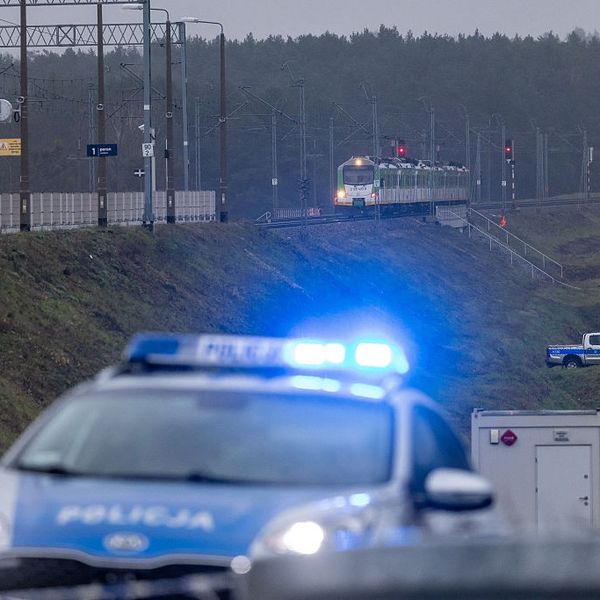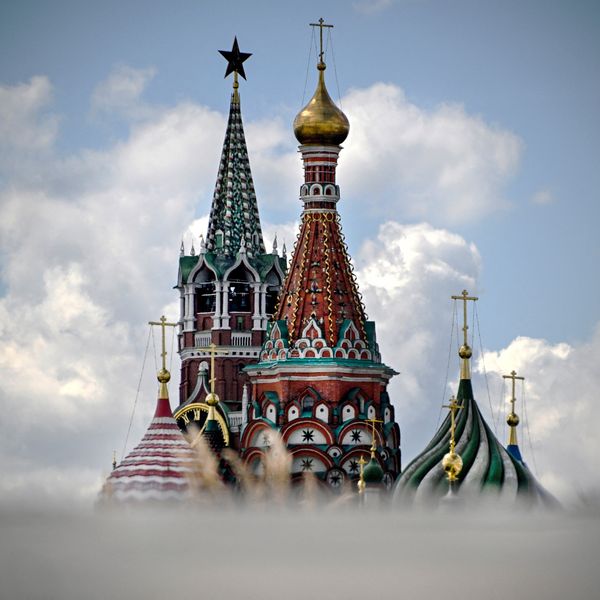I’ve covered many political scandals over the past 50 years, including Watergate, Iran-contra, and the Clinton impeachment, but the past few weeks have convinced me this country may be on the verge of one that may top them all.
None of them involved a president as unprepared as Donald J. Trump. Nor did they cover the number of varied activities currently unfolding before us that involve him directly and indirectly.
This scandal emerged out of Russia’s interference with our Presidential election campaign, through Moscow’s directed hacking into and publicizing of Democrats’ emails. It then spread to past transfers of vast sums of investment money to Trump enterprises from questionable Russian and other financial sources, and now includes potential conflicts of interest and apparent personal gain.
Set aside for a moment the hint of sex.
Finally, as with almost all major Washington scandals, it has led to individuals telling false or incomplete stories to investigators and the public – the inevitable cover-up. Former Defense Secretary Leon Panetta put it plainly on Sunday’s CBS Face the Nation: “This president is making the same mistake past presidents made when they faced scandals…They are trying to obfuscate. They’re trying to cover-up. They are trying to somehow raise other issues.”
Soon it will be apparent to enough Republicans in Congress that only a joint House-Senate committee, an independent special counsel, or bipartisan special commission can undertake investigating these many elements enveloping Trump’s White House.
Despite his non-stop attempts to totally undermine the mainstream media, the day-after-day news stories have begun to have their effect. Note the firing of National Security Advisor Michael Flynn and the recusal of Attorney General Jeff Sessions from involvement with the current FBI investigation into the Presidential campaign.
If history is any guide, they may be just the beginning.
Think of this as watching a three-ring circus.
In the main ring are inquiries into Russia’s direct involvement in the presidential campaign. It features Trump, his aides, hangers-on and campaign officials, Russian intelligence operatives and their media outlets RT and Sputnik, plus WikiLeaks. Covering them, primarily with help from leaked information from former and current government sources, are media heavy hitters like The Washington Post, New York Times, NBC, CNN, and The New Yorker Magazine.
In one side ring is the growing interest in the origins of Trump’s apparent attraction to Russian President Vladimir Putin, and the role played by Russian money invested in Trump enterprises, plus his hidden personal income tax returns, and allegations found in the infamous Steele dossier. Exposing these areas are, among others, Mother Jones, Talking Points Memo, Politico, McClatchy Newspapers, and MSNBC.
In the other side ring are the smaller, up-and-running scandals – conflicts of interest stemming from Trump, his children, and his son-in-law continuing to profit from their business interests. Many media outlets have contributed here.
Awaiting entrance into the big tent are the potential conflicts from upcoming new billion-dollar, federal construction projects, like Trump’s wall along the Southern border and the proposed massive, trillion-dollar, rebuilding infrastructure, public works program.
Complicating public viewing of all that’s going on are diversionary smokescreens set off by Trump’s own tweets and amplifications by his spokespersons. The latest being Saturday’s desperate Trump tweets based on an article on Britbart News and other sites alleging, without proof, that Obama ordered wiretapping of Trump Tower during the campaign and transition periods.
Also preventing citizens from getting a full picture is their inability to see or read about everything at once – exactly the problem you have at a three-ring circus, when the animal trainer and tigers are in the center ring while the aerialists are above, the ponies in the left ring, a dog act in the right one, and the clowns performing around all sides of the arena.
In the center ring, where the Russian campaign role is playing out, Flynn and Sessions may only have made preliminary appearances. Both may be back. Meanwhile, the big stars – Trump and his top aides – remain in their dressing rooms waiting to be called.
When it comes to Flynn, recall what White House Chief of Staff Reince Priebus said on NBC February 19, when Chuck Todd asked whether Flynn lied or misled the FBI about his phone conversations with Russian Ambassador Sergey Kislyak.
Priebus said, “I’m just not in the position to answer it.” But he then added, “Certainly we’ve talked about that issue with leadership at the FBI, but I’m not in a position to talk about that with you.” Priebus should be asked directly, who at the White House talked to whom at the FBI, and about what. By the way, it is not normal for the White House to be discussing a presidential employee’s potential legal liability with the FBI.
Session’s recusal was inevitable. As he, himself, put it during his March 2 press conference, “My staff recommended recusal. They said that since I had involvement with the campaign, I should not be involved in any campaign investigation.” It was that simple and obvious before he even took the oath of office on February 9.
Session’s private Senate office meeting with Kislyak was during the day of September 8, 2016. He recalled during his press conference, “We talked about a little bit about terrorism as I recall.” Did Sessions pass on to Trump anything from that Kislyak conversation?
That very night, during an MSNBC forum, candidate Trump said, “You know, the beautiful part of getting along, Russia wants to defeat ISIS as badly as we do. If we had a relationship with Russia, wouldn't it be wonderful if we could work on it together and knock the hell out of ISIS? Wouldn't that be a wonderful thing?”
The side ring focusing on Trump’s past Russian financial support is also in its opening acts. In July last year, Trump tweeted, “For the record, I have ZERO investments in Russia.” Of course that doesn’t cover the deals and investments that Russians have had with him.
For example, in the midst of his financial troubles in 2008, a Russian billionaire, Dmitri Rybolovlev, who that July bought a Palm Beach mansion from Trump for $95 million, gave Trump a $44 million profit since he had bought it four years earlier for just $41 million. At the time, one of his lenders, Deutsche Bank, was demanding Trump pay $40 million on funds he had personally guaranteed, a matter that was eventually settled.
In September 2008, Donald Trump Jr., who had the title Executive Vice President of Development and Acquisitions, described with some specifics some Russian investments in Trump organization projects while at Cityscape USA’s Bridging US and the Emerging Real Estate Markets Conference held in New York City.
Trump Jr. said, “Russians make up a pretty disproportionate cross-section of a lot of our assets; say in Dubai, and certainly with our project in SoHo [a section of Manhattan] and anywhere in New York. We see a lot of money pouring in from Russia. There's indeed a lot of money coming for new-builds and resale reflecting a trend in the Russian economy and, of course, the weak dollar versus the ruble."
Access to Trump’s tax return could become a show-stopper here. It could happen.
Sen. Susan Collins (R-Maine), a member of the Senate Intelligence Committee, said Sunday on CBS that the committee “will get all the information that we need. If that includes President Trump’s tax returns, then I have confidence that we will ask for them.”
In the third ring, potential conflicts-of-interest continue to bubble up. The Washington Post wrote Saturday of the Trump sons’ plan to license and manage new boutique hotels under the Scion name and already have signed at least 17 letters of intent with promoters around the country.
With all three rings of this Trump political and investigative circus going full steam, it’s hard to know where to look, no less comprehend everything that is going on.
I believe it can’t sustain itself for very long at this pace. Much more important, the country can’t.











